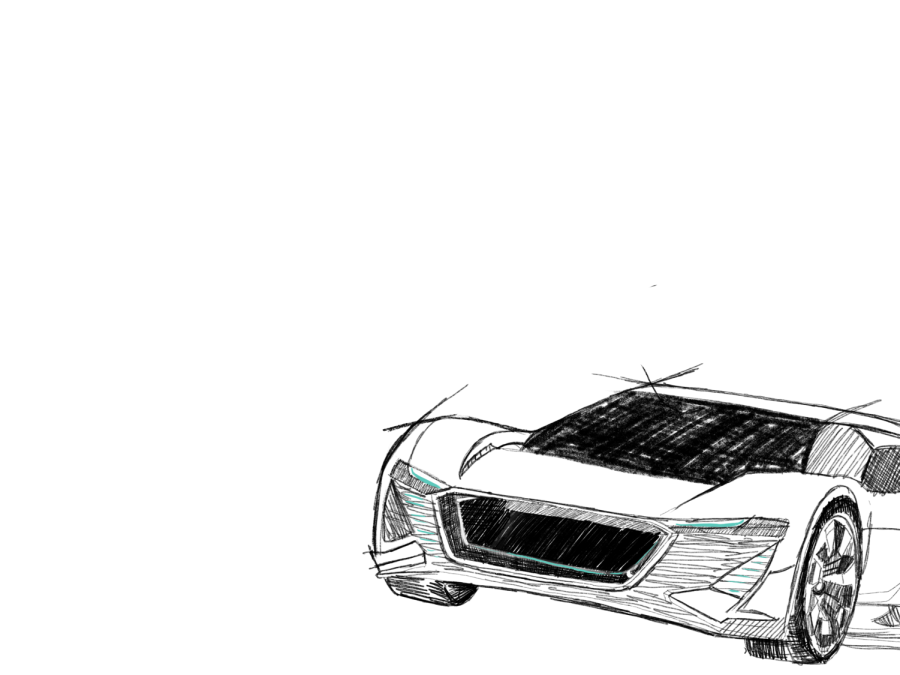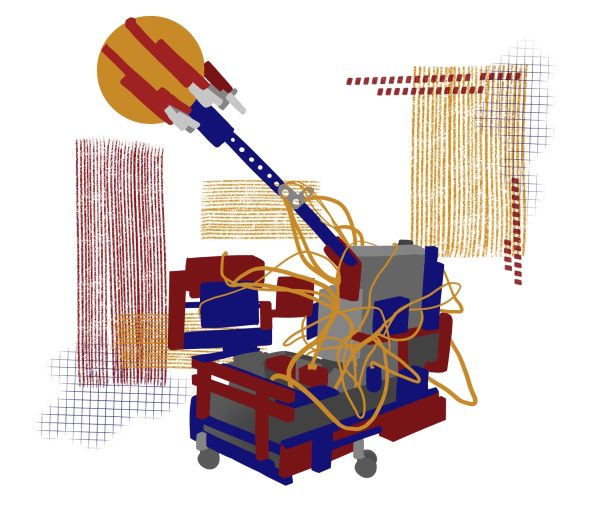The Role of Concept Cars
A tantalizing dream of the future
February 1, 2023
You might not know what they are, but chances are you’ve seen them before. Whether they’ve popped up in a YouTube recommendation, or maybe an article on The Futurist, concept cars have rapidly ascended into mainstream media.
Put simply, concept cars are full scale models of vehicles put together to showcase new technologies and innovative ideas. These vehicles are usually not mass-produced, but built as one-off advertising campaigns for the car companies and the budding technologies they offer. The cars are revealed at motor shows, and even technology meet ups such as the Consumer Electronics Show (CES).
Although concept cars may have only gained popularity in recent years, their roots can be traced back to the beginning of the 20th century. One of the first known concept cars was the Buick Y-Job. Designed by Inventor Harley Earl in 1938, the Y-Job featured many design elements that were considered futuristic at the time, such as the hidden headlights and the smooth, streamlined body.
The Y-Job ended up being a concept car that never came to fruition. Due to problems with scaling the model for mass production, it was scrapped as a one-off prototype. However, it did the job of advertising for Buick, as many people were in awe at the Y-job’s strange, futuristic design.
In recent years, concept cars have become even more stylized and ridiculous. In late 2020, the Mercedes-Benz Vision AVTR took the tech world by storm; the car was fully electric and featured an advanced autonomous driving capabilities. The car was built around a “bionic” design that was meant to evoke the living, breathing world of the blockbuster film, Avatar.
The car was a massive advertising success as photos of the car were shared millions of times on social media. The combination of the futuristic design and collaboration with the immensely popular Avatar franchise created the perfect opportunity for Mercedes-Benz.
For car enthusiasts, concept cars offer a window into the future and a glimpse of technologies that seem impossible. For car companies, concept cars offer a unique way to showcase their brand to consumers.
On a larger scale, concept cars offer a clear benefit to society as well.
Often, select features found in concept cars end up making their way into production cars at some point.
For example, tablet-style displays that are now common in higher end cars, were once only a dream built into the dashboards of the most extravagant concept cars. While concept cars and their feature sets may seem outlandish at first glance, they can end up having a positive impact on future automobiles.












